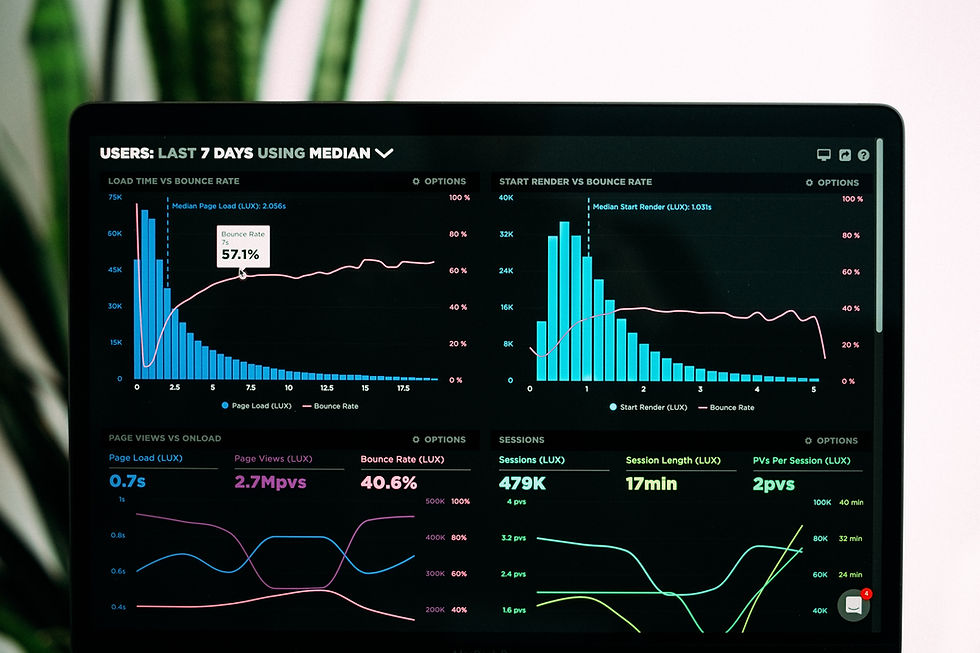10 simple rules for drawing basic charts
- Jonathan Bullock
- Jan 20, 2021
- 2 min read

Charts are a powerful way to represent complex information or data. Without charts, viewers are left to interpret information from tables or lists of numbers. Charts are therefore an important inclusion in every presentation.
In my own experience when using charts there are some simple rules that you need to follow.
Start with the basics – Your chart needs to be readable. Include a title, axis, labels, captions, legends, and the chart itself. Where needed, to add credibility, if the information isn’t your own, include the source.
Balance the design – Proportion of the elements with the chart utilising about 80% of the space, the title 15% and the source 5%.
Keep it inline – Like your general slide layout, elements should align horizontally or vertically. This makes elements appear they have been placed with purpose.
Focus on the point – All elements in the chart should contribute to the message you are trying to portray. Avoid clutter.
Remove Ambiguity – The chart and elements within it should not be subject to interpretation. Remove any ambiguity in what you are trying to say.
Be Conventional – There are cultural conventions that imply meaning, rely on these. For example, Red is hot and blue is cold.
Minimise Colour – It can be difficult to use a lot of colour in charts and stay true to your presentation style. Greys and neutral colours can assist and then display your key data using colour to create contrast.
Limit eye travel – Labels and legends need to be close in proximity to the elements they are describing.
Minimise highlighting – Don’t overemphasise, everything cannot be a priority.
Simplify – Only include elements in the chart that are necessary. Less clutter will help to focus your viewer’s attention and convey the intended message more strongly.
Following these rules will ensure your chart has the maximum positive impact on your presentation and conveys the desired meanings and insights.
Comments